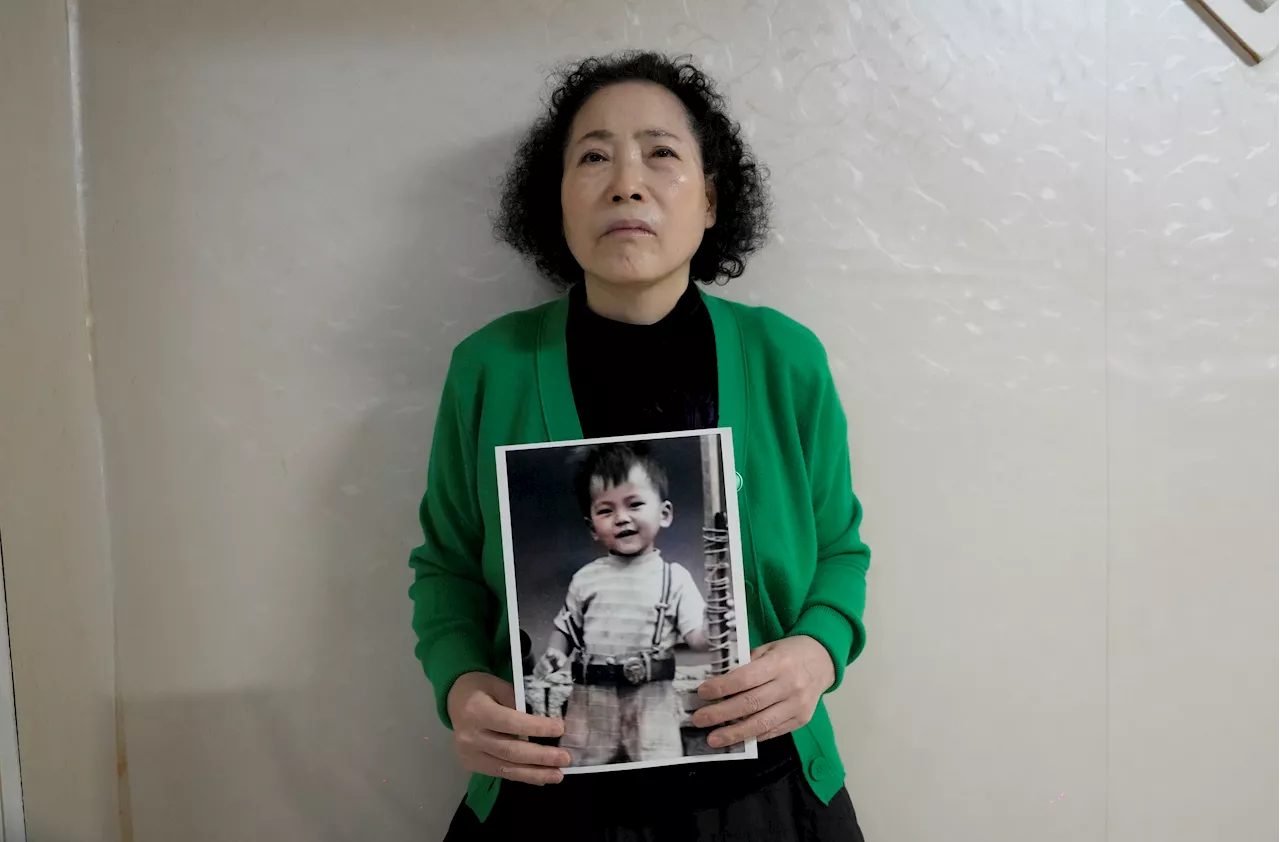Many Korean children adopted overseas have realized their adoption paperwork was untrue, and their quest for accountability has spread to Western countries. A South Korean adoptee in France described her ordeal of being taken from her family decades ago and falsely documented as an orphan.
Many Korean children adopted overseas have realized their adoption paperwork was untrue, and their quest for accountability has spread to Western countriesin Paris and told an officer she wanted to report a crime. Forty years ago, she said, she was kidnapped from the other side of the world, and the French government endorsed it.
The Netherlands in May announced it would no longer allow its citizens to adopt from abroad. Denmark’s only international adoption agency said it was shutting down, Sweden stopped adoptions from South Korea, and Norway is investigating. Switzerland apologized for failing to prevent illegal adoptions. France in March released a scathing assessment of its own culpability.
It’s impossible to tell how many adoptions involved fraud, and advocates argue most went well. But France, the country that took in Yooree Kim, acknowledged in March that its own government had long known of “the existence of illicit practices of a systemic nature.” “The adoption of Korean orphans by Swedish parents is not because Korea is neglecting its orphans, but because Swedish couples without children are desiring to adopt them, so it would be good to continue the transfers of orphans,” the Swedish ambassador said in a meeting with South Korea’s deputy foreign minister in January 1975.
Nearly 50 years later, after exhausting all other options, she submitted her DNA to a police unit that helps Korean adoptees find their families. Choi has been fighting stomach cancer. As she was rolled into the operating room, all she thought was that she could not die without seeing her son. He’d been adopted to Norway in December 1975, five months after he went missing.
Norwegian authorities “are aware of serious findings that have come to light” about adoptions, said Ingeborg Gloppen Johnsen, a spokesperson for the Ministry of Foreign Affairs. The country launched an investigation last year to uncover whether illegal or unethical practices happened, and if Norwegian officials failed to control them.
In the 1950s, Harry and Bertha Holt, evangelical Christians from Oregon, said they’d received a calling from God to save Korean War orphans. Until then, international adoptions were not common. But after the war, biracial babies born to Korean women and American soldiers were shunned by a society that valued racial purity and saw them as a painful reminder of U.S. imperialism.
U.S. officials wanted to process the adoptions as quickly as possible to avoid bad publicity, according to internal government memos at the National Archives. A social worker wrote that an immigration official told her his boss “wants no reports to reach Washington of dissatisfied customers due to delays in processing.”
American officials seemed to defer entirely to the agencies, she wrote: “I was told that it is the US embassy’s feelings that each agency should be left to their own cognizance.” Nye has since died. Laws tended to favor the desires of adoptive parents, she said, and there were few safeguards built into the system. International adoptions were shoehorned into a process built for domestic adoptions. After the federal government issued the initial visas, adoptions were finalized through thousands of local courthouses with different judges, laws and standards.
Will soon got a call from his boss to look in their office lobby, he told AP. Mothers had pushed their adopted children in strollers into the attorney general’s office for a sit-in, claiming he was trying to shut down adoption. “For us, it seemed like we were sending children to a better situation — whether that’s true or not, I can’t tell you, but that’s what it seemed like,” said Donald Wells, who was chief of the State Department’s immigrant visa unit in Seoul from 1980 to 1984. “I’ve always considered that we were doing a good thing.”
Maureen Flatley, a consultant who’s helped write reforms of the international adoption system, believes it can only do so after looking at its past. She recalled telling a lobbyist fighting against safeguards in the 1990s that one day, adoptees would grow up and tell their own stories, and that would force a reckoning.
That has caused some to warn of the danger of stringent regulations making it too hard to save children from dire conditions abroad. Holt’s South Korea operation, a separate company from the U.S. Holt International, declined to comment on specific allegations, as did the three other Korean adoption agencies. Holt Korea in recent years has denied wrongdoing, attributing adoptees’ complaints to misunderstandings and the country’s problems with social welfare. Kim Jin Sook, president of Eastern, said the agency was just carrying out government policies to find Western homes for “discarded children.
Ten years after her traumatic move to France, she remembered her Korean family’s names, their addresses. So she found them.Her mother said she never did. When she returned to the orphanage, Angel’s Home in Seoul, she learned her daughter was already gone.
Adoptionfraud Internationaladoption Southkorea France Westerncountries
United States Latest News, United States Headlines
Similar News:You can also read news stories similar to this one that we have collected from other news sources.
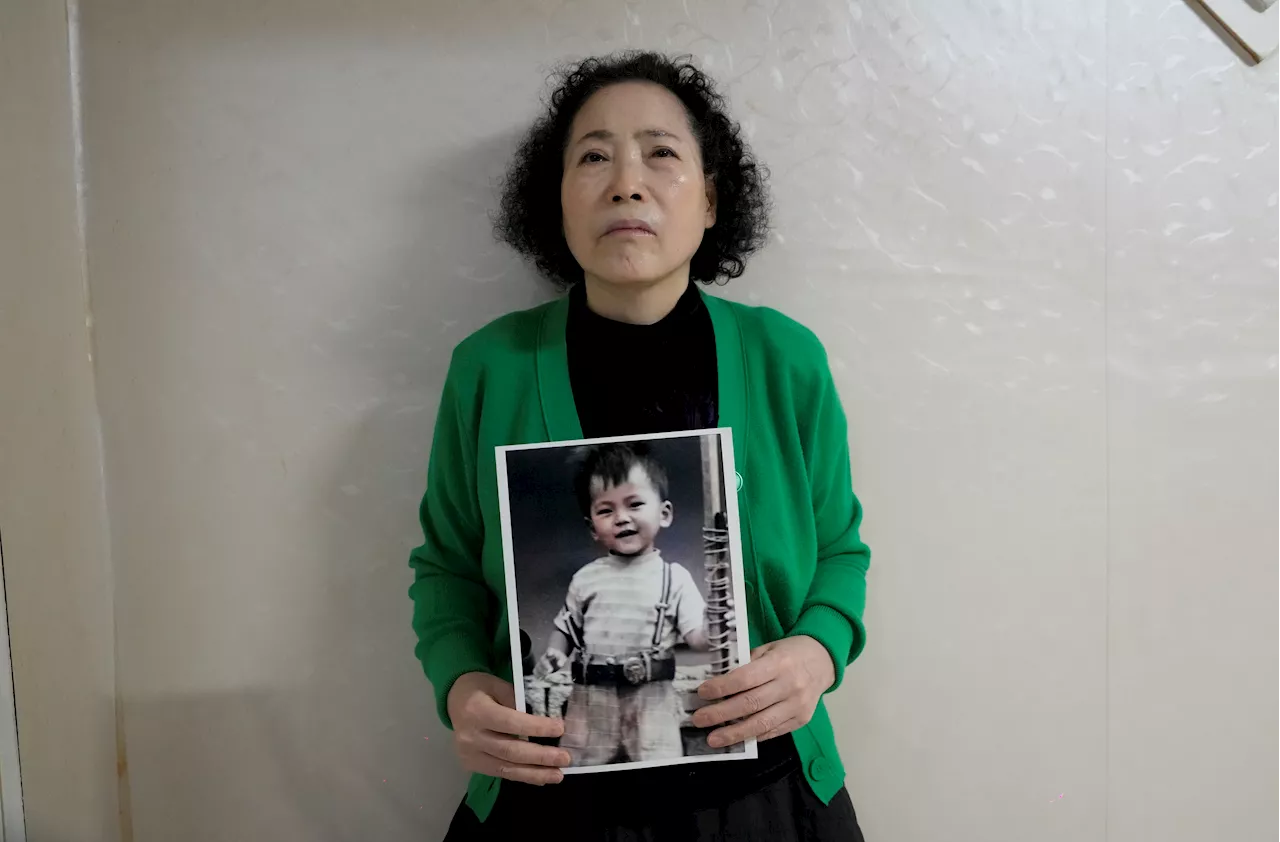 Adopted Koreans Seek Accountability From Western Nations Over Fraudulent PaperworkMany Korean children adopted overseas have discovered that their adoption paperwork was untrue, and they are now demanding accountability from Western nations. An investigation by The Associated Press has revealed that governments in the US, Europe, and Australia turned a blind eye to rampant fraud in international adoptions, prioritizing demand from families seeking children over protecting vulnerable Korean children.
Adopted Koreans Seek Accountability From Western Nations Over Fraudulent PaperworkMany Korean children adopted overseas have discovered that their adoption paperwork was untrue, and they are now demanding accountability from Western nations. An investigation by The Associated Press has revealed that governments in the US, Europe, and Australia turned a blind eye to rampant fraud in international adoptions, prioritizing demand from families seeking children over protecting vulnerable Korean children.
Read more »
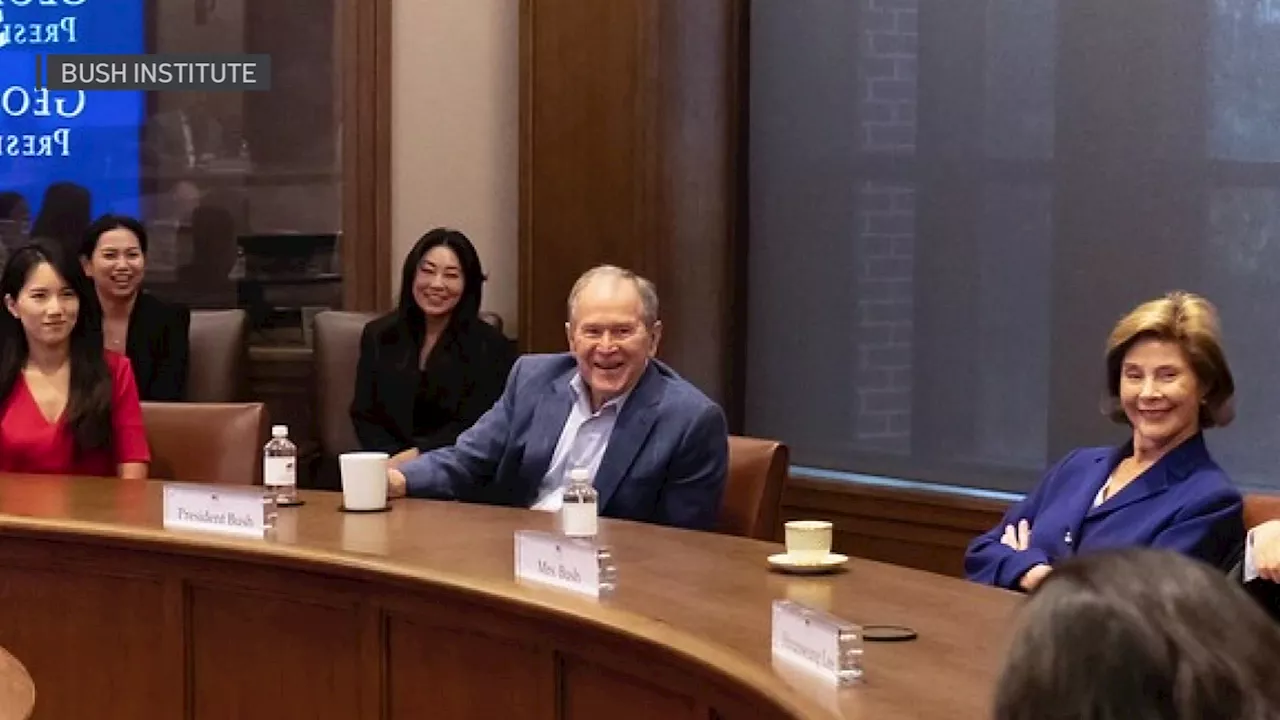 George W. Bush Institute hosts North Korean refugees for 3rd annual North Korean Human Rights WorkshopSome North Korean refugees are learning leadership skills to use their voices for change.
George W. Bush Institute hosts North Korean refugees for 3rd annual North Korean Human Rights WorkshopSome North Korean refugees are learning leadership skills to use their voices for change.
Read more »
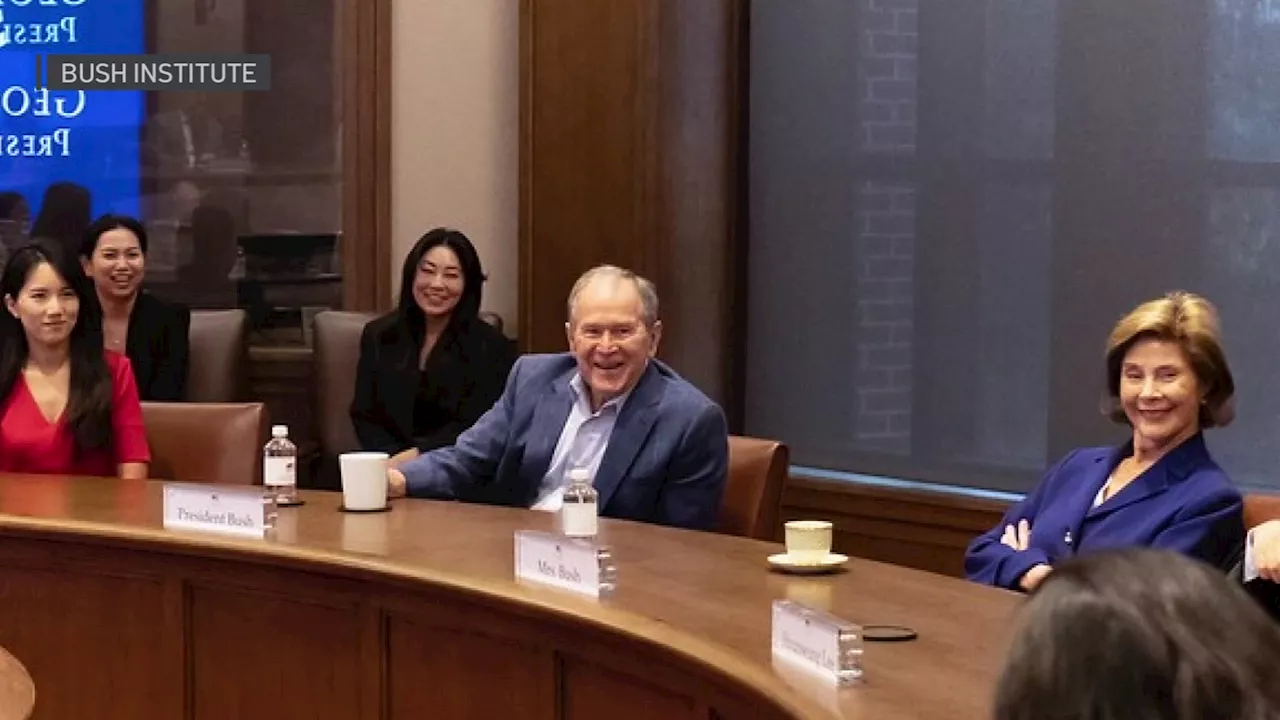 George W. Bush Institute hosts North Korean refugees for 3rd annual North Korean Human Rights WorkshopSome North Korean refugees are learning leadership skills to use their voices for change.
George W. Bush Institute hosts North Korean refugees for 3rd annual North Korean Human Rights WorkshopSome North Korean refugees are learning leadership skills to use their voices for change.
Read more »
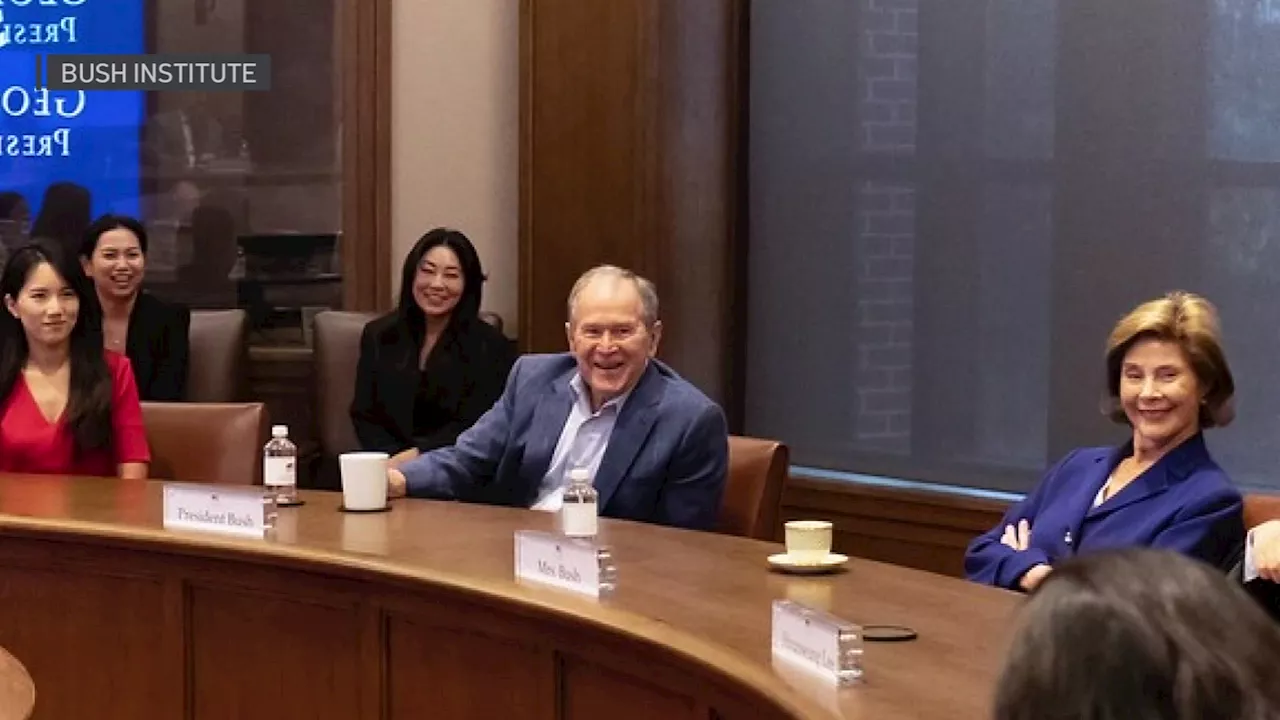 George W. Bush Institute hosts North Korean refugees for 3rd annual North Korean Human Rights WorkshopSome North Korean refugees are learning leadership skills to use their voices for change.
George W. Bush Institute hosts North Korean refugees for 3rd annual North Korean Human Rights WorkshopSome North Korean refugees are learning leadership skills to use their voices for change.
Read more »
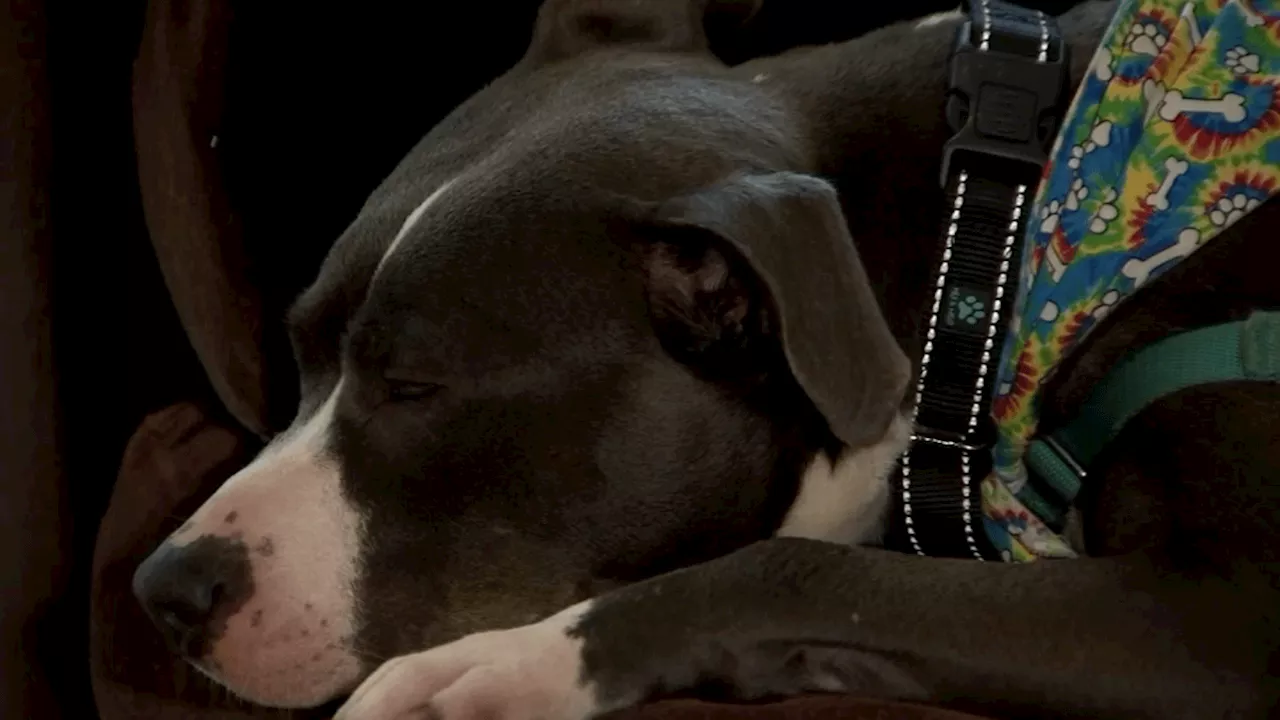 Shelter pup gets pampered at suburban hotel ahead of adoption eventA western suburban animal shelter is trying something new to get more dogs adopted.
Shelter pup gets pampered at suburban hotel ahead of adoption eventA western suburban animal shelter is trying something new to get more dogs adopted.
Read more »
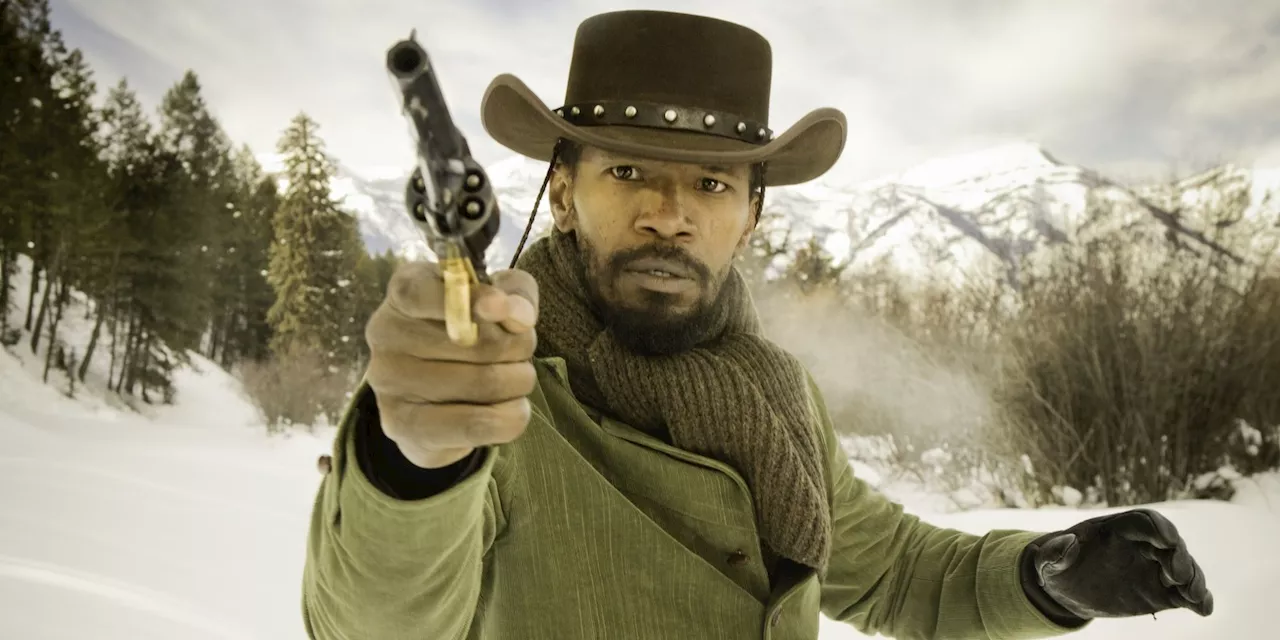 The Highest-Grossing Western Movie Of All Time Isn't Technically A WesternDjango (Jamie Foxx) shooting a pistol in the snow in Django Unchained.
The Highest-Grossing Western Movie Of All Time Isn't Technically A WesternDjango (Jamie Foxx) shooting a pistol in the snow in Django Unchained.
Read more »
